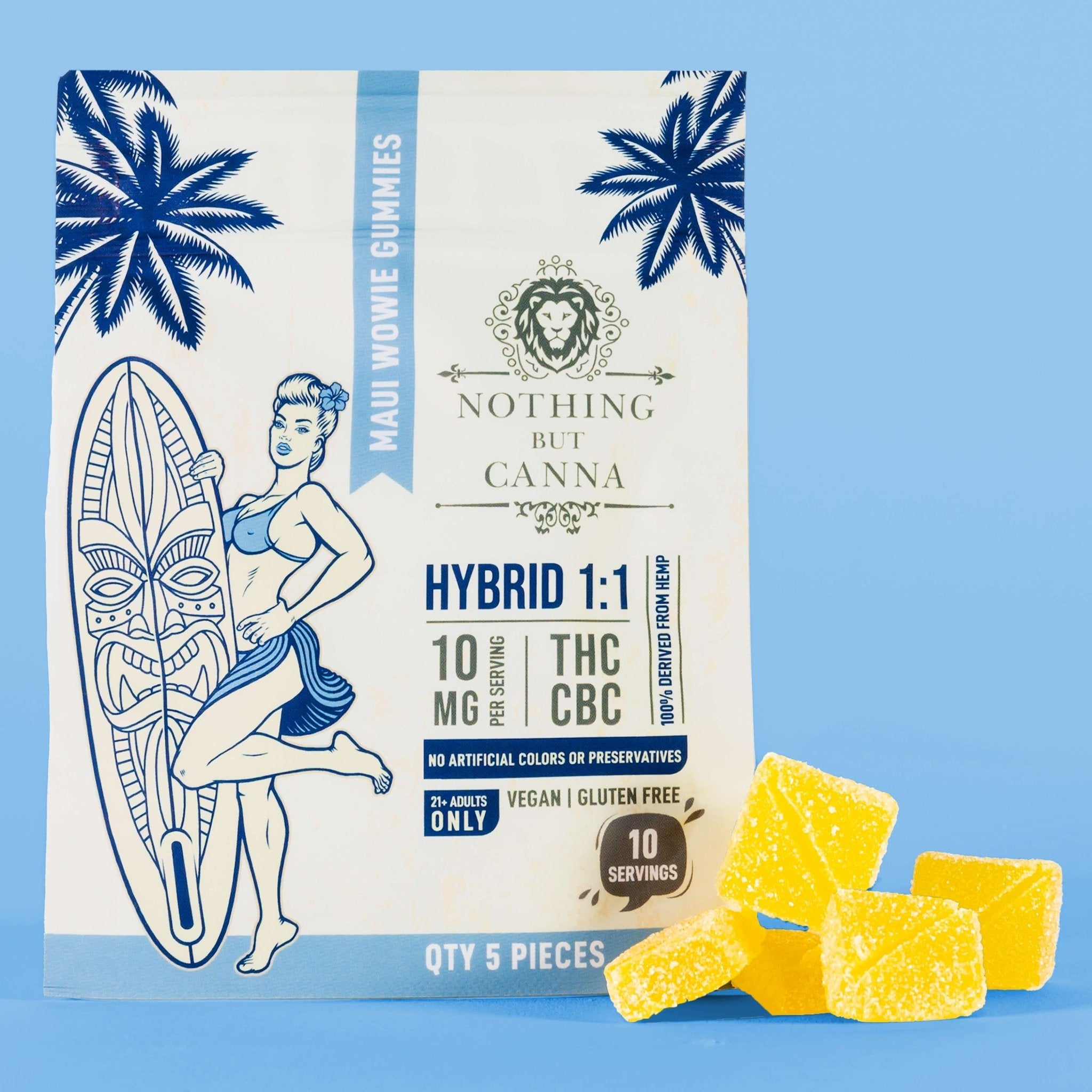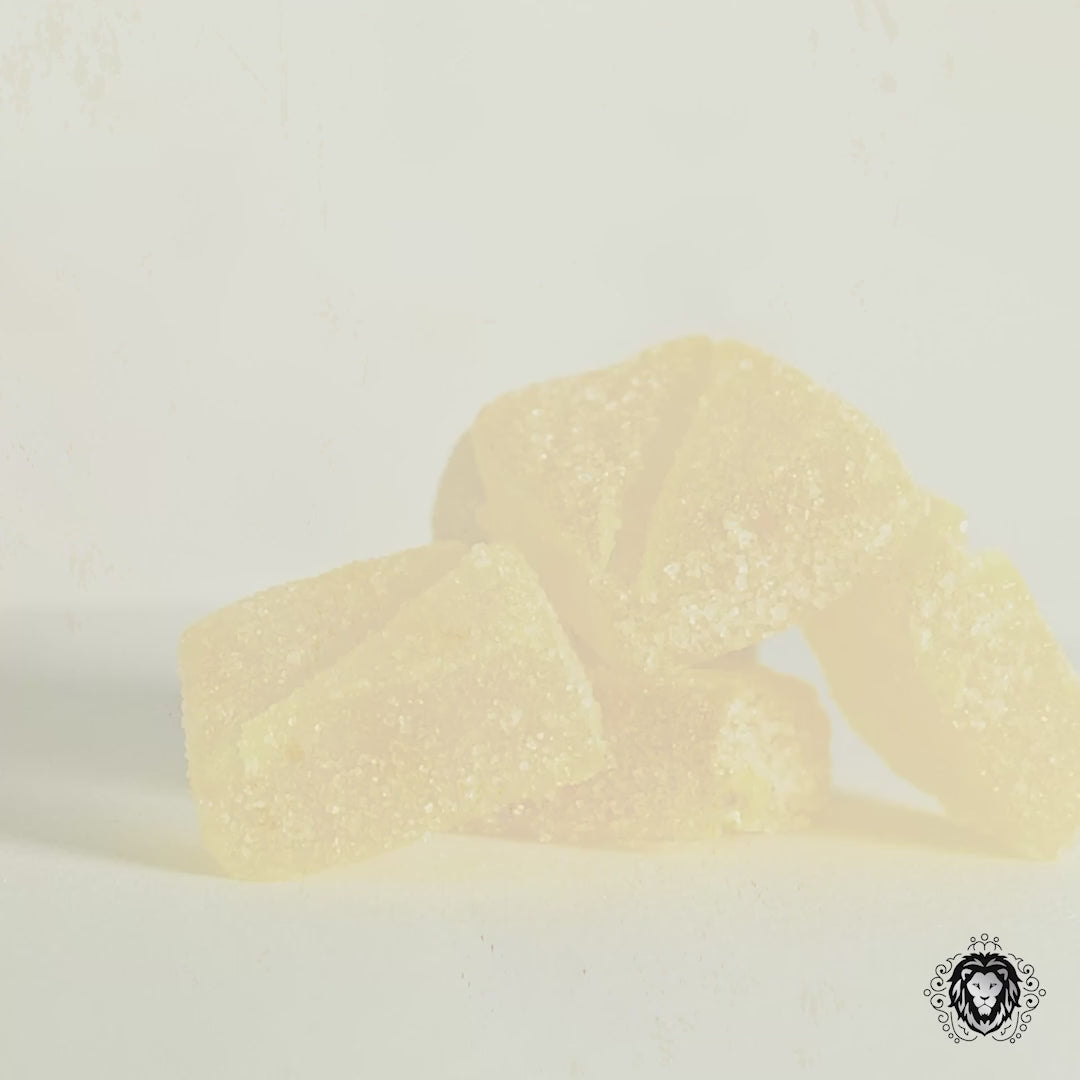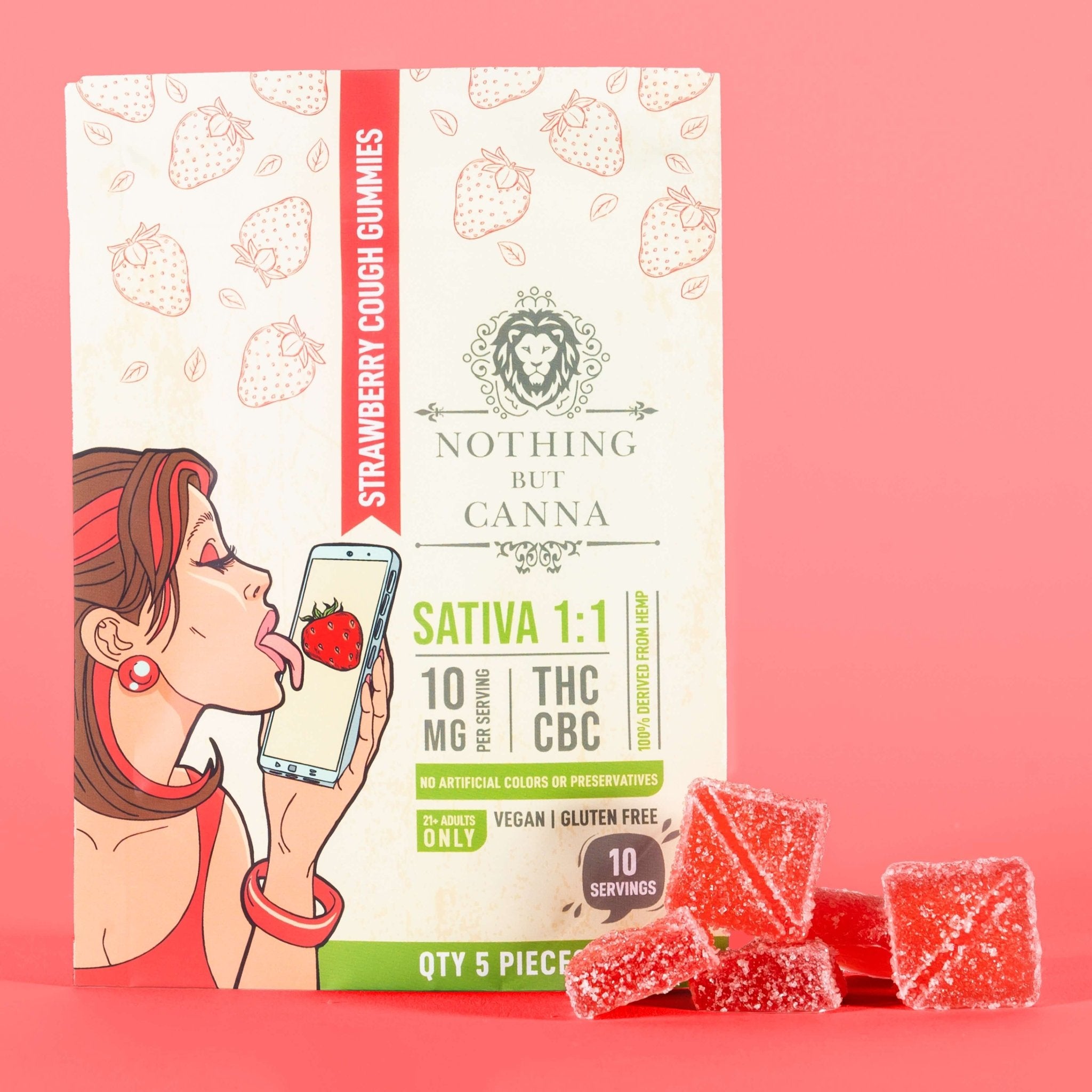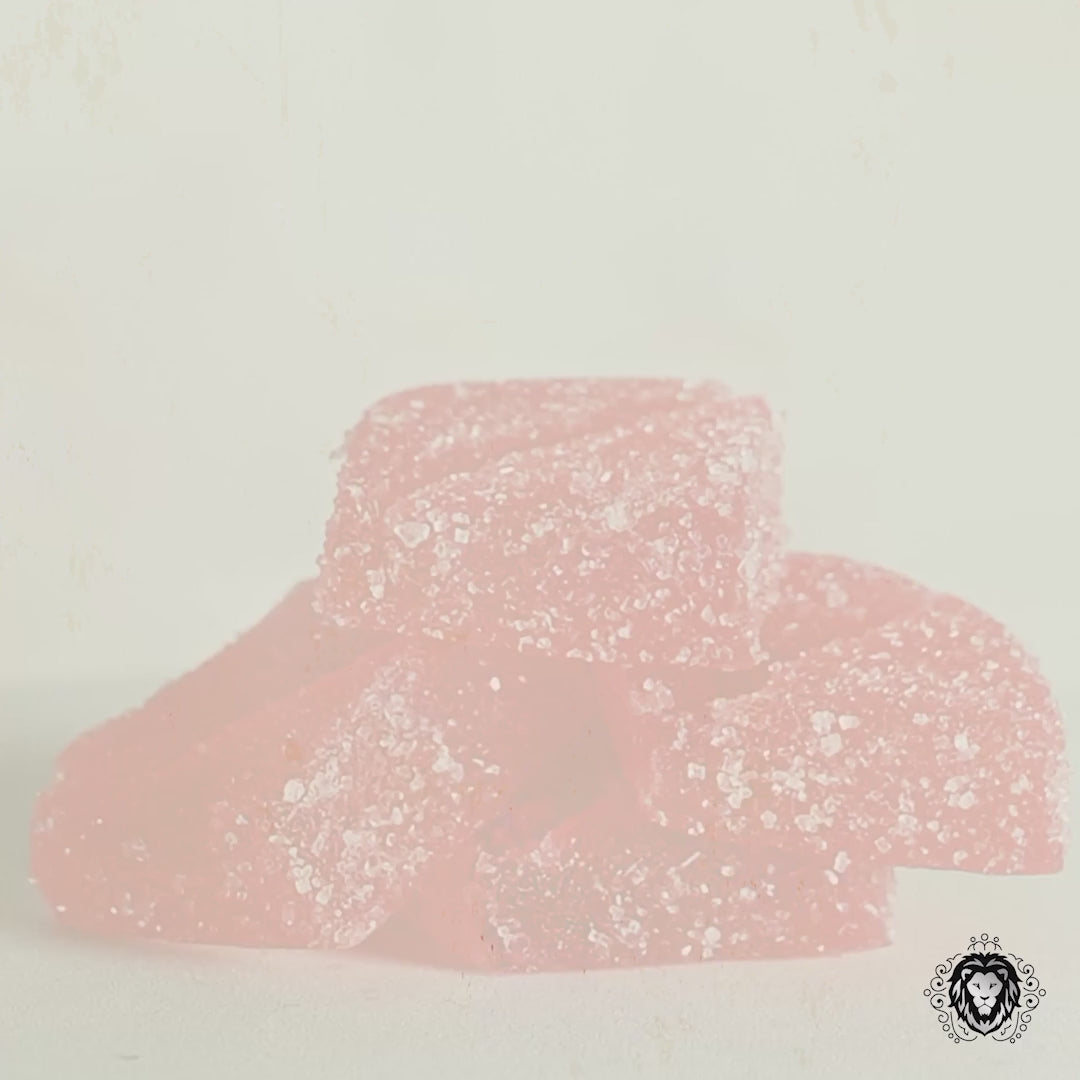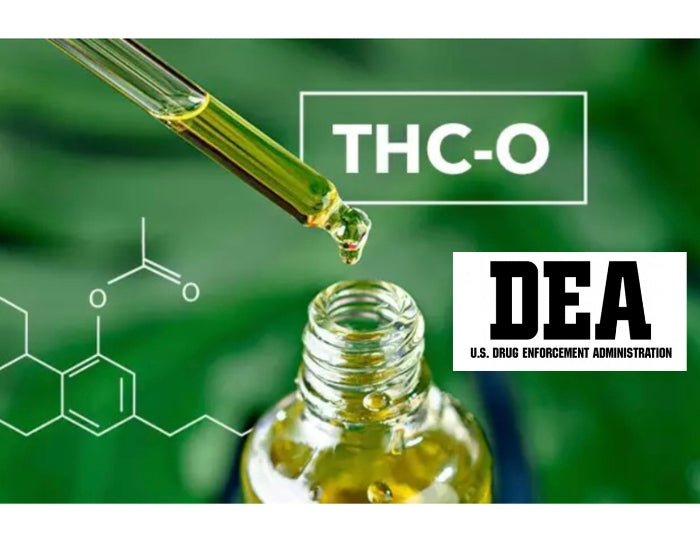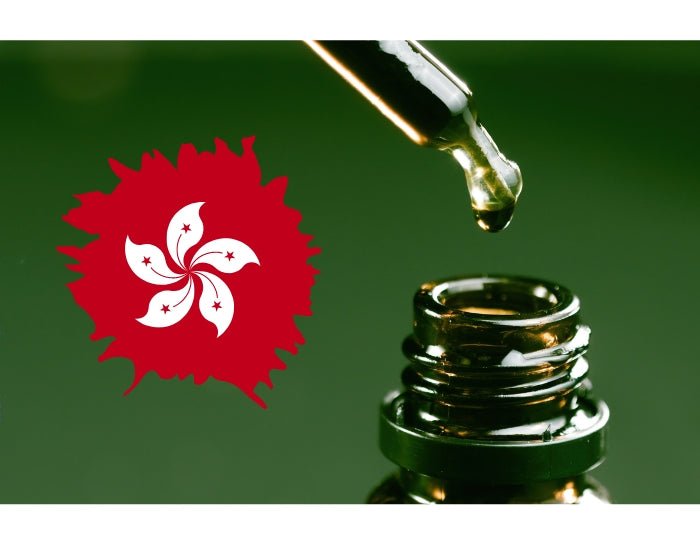The proposed measure would levy a more substantial tax rate for marijuana items with higher THC percentages.

Washington state legislators are contemplating a new "dank tax" for cannabis products based on the percentage of THC in those items. As first reported by High Times, lawmakers want to institute this new tiered sales taxation system to help prevent what they characterize as a quickly developing "crisis" in the world of highly concentrated THC products.
In an interview with station KXLY, Washington state House Rep. Lauren Davis, one of the bill's sponsors, said, "Research indicates that between 12% and 50% of psychotic disorders could be prevented if high potency cannabis products were not available. If we fail to act now to counter the emerging public health crisis created by high-potency cannabis products, we will soon have another epidemic on our hands."
"Research indicates that between 12% and 50% of psychotic disorders could be prevented if high potency cannabis products were not available. If we fail to act now to counter the emerging public health crisis created by high-potency cannabis products, we will soon have another epidemic on our hands."
- Washington State House Rep. Lauren Davis
House Bill 1641 would adjust the current taxation model as follows:
- Cannabis items containing a THC concentration of less than 35% would be taxed at the current 37% sales tax rate.
- Items with a THC concentration between 36% and 60% would receive a 50% rate.
- All other products with more than a 60% THC concentration level would have an additional 65% sales tax.
The products lawmakers like Davis are targeting are known as "dabs," "wax," "resin," or "shatter." These items are produced by extracting THC from the cannabis plant and creating a gel or honey-like textured end-product. The dab is then vaporized and inhaled through a device similar to a bong and usually involves using a blow torch to activate.
Most typical marijuana flowers have an average THC level of around 15% - 20%. In stark contrast, cannabis products with high concentrations of THC can contain THC levels ranging from 65% to as high as 90%. As a result, many researchers and physicians in the Pacific Northwest have begun raising concerns about the wide availability of these highly concentrated products, especially among teens and young adults.
Washington was one of the first states to legalize adult-use marijuana in 2012. At that time, extracted cannabis, which includes these concentrates, comprised about 9% of the overall market. That number has almost quadrupled to 35%, according to 2020 data from the Washington State Liquor and Cannabis Board.
Because the federal government still lists marijuana as a Schedule I narcotic, minimal research is available on the effects of prolonged use of highly concentrated THC products. However, recent studies have linked high-potency THC use to an increased risk of psychosis in adults. Psychosis is a debilitating psychological disorder involving a patient's loss of contact with reality. Symptoms can include delusions and hallucinations.
Opponents of the bill believe lawmakers may end up doing more harm than good with the proposed dank tax. Suppliers and dispensary owners quickly point out that these products are already illegal for anyone under the age of 21. They also warn that increasing taxes on these products or banning them outright could create an illegal black market that would be much more difficult to regulate and control.
There is also this notion that by making an item more expensive and unattainable, an air of tasting the "forbidden fruit" could increase demand for the controversial products in question. As Carol Erhart, a Washington dispensary owner, explains, "There's this, you know, idea that the THC is going to get me further along. The higher that we make those prices, the more apt someone is to buy the higher priced item because they think they're getting more bang for their buck when they're really not."
"There's this, you know, idea that the THC is going to get me further along. The higher that we make those prices, the more apt someone is to buy the higher priced item because they think they're getting more bang for their buck when they're really not."
- Carol Erhart, Washington Dispensary Owner
Policymakers like Rep. Davis and her fellow co-sponsors remain undeterred. They insist that for the public's safety, the government must do something to curb the growth and potentially detrimental impact of these high-potency items. No one is questioning that these products, along with all cannabis-related substances, should not be accessible to teenagers. Protecting them is more a question of enforcement and parental guidance.
However, creating a tiered taxation system based on THC content could be a sound strategy, provided it does not create the impetus for an illegal market. For example, higher-content alcohol products have a higher tax rate than beer and wine.
While industry advocates loathe comparing the cannabis industry's developing model to Big Alcohol's, this element may be an appropriate one to consider. Regardless of the chosen strategy, the issue of highly concentrated THC products must be addressed and resolved by industry stakeholders, lawmakers, and consumers.

































